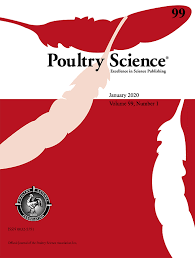Document type: scientific article published in Frontiers in Sustainable Food Systems
Preview: The global demand for animal-based food products is anticipated to increase by 70% by 2050. Meeting this demand in a way that has minimal impact on the environment will require the implementation of advanced technologies. Genome editing of livestock is a tool that will allow breeders to improve animal welfare, performance and efficiency, paving the way to a more sustainable future for livestock agriculture. Currently, genome editing of livestock is limited to specialized laboratories due to the complexity of techniques available for the delivery of genome editing reagents into zygotes and reproductive cells. The emergence of three cutting-edge reproductive technologies-(i) zygote electroporation, (ii) zygote transduction of recombinant adeno-associated virus (rAAV), and (iii) surrogate sire technology-will provide livestock breeders with a new toolkit of delivery strategies for genome editing. The simplicity of these technologies will enable widespread on-farm application in major livestock species by seamlessly integrating into current breeding systems. We believe it is timely to highlight these three cutting-edge reproductive technologies for genome editing and have outlined pipelines for their implementation in on-farm settings. With a nuanced regulatory framework these technologies could fast-track livestock genetic gain and help secure a sustainable future for livestock.
Related article: Livestock farms could benefit from genome editing, scientists say, article from the Farming UK website, published on 20/01/2020






